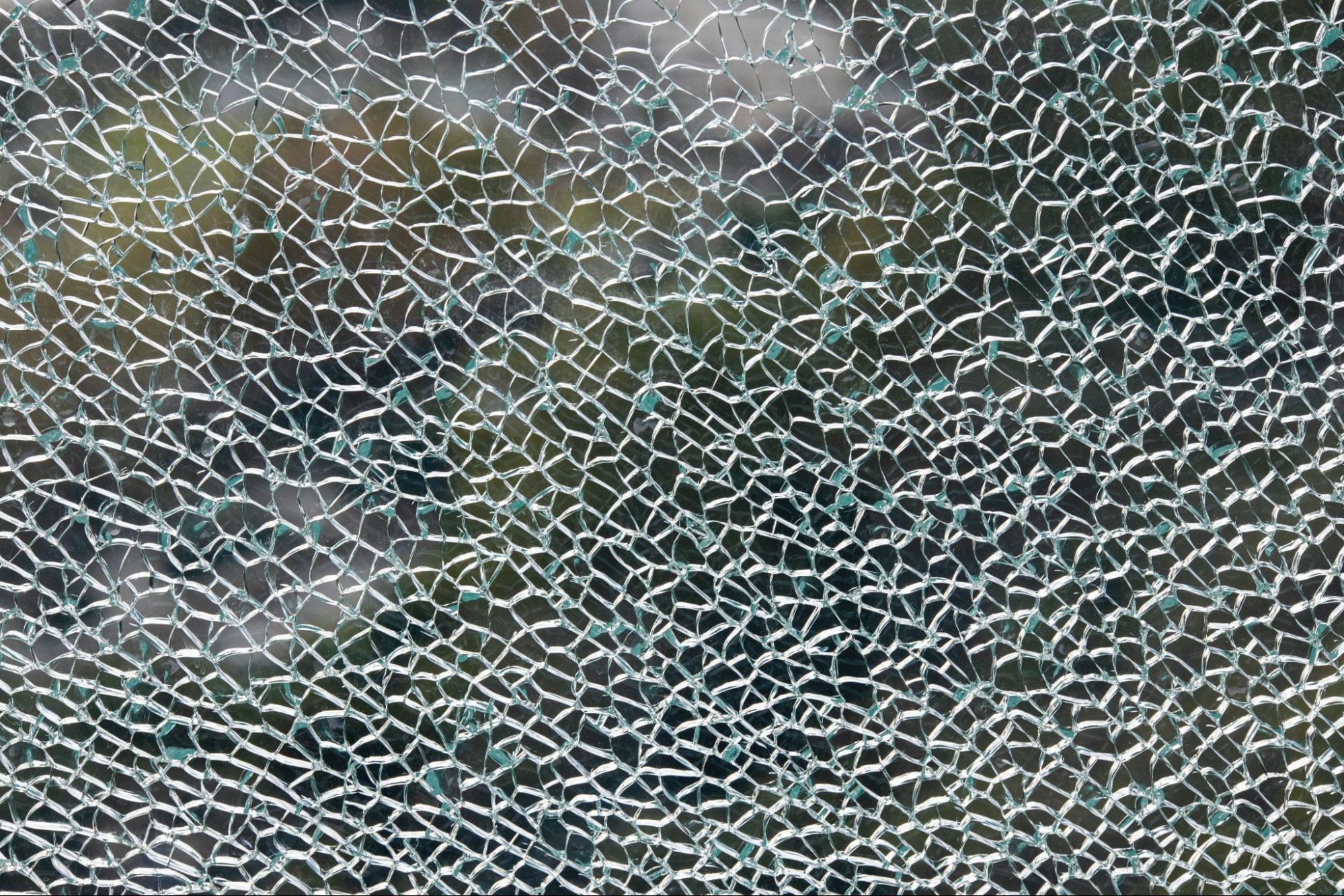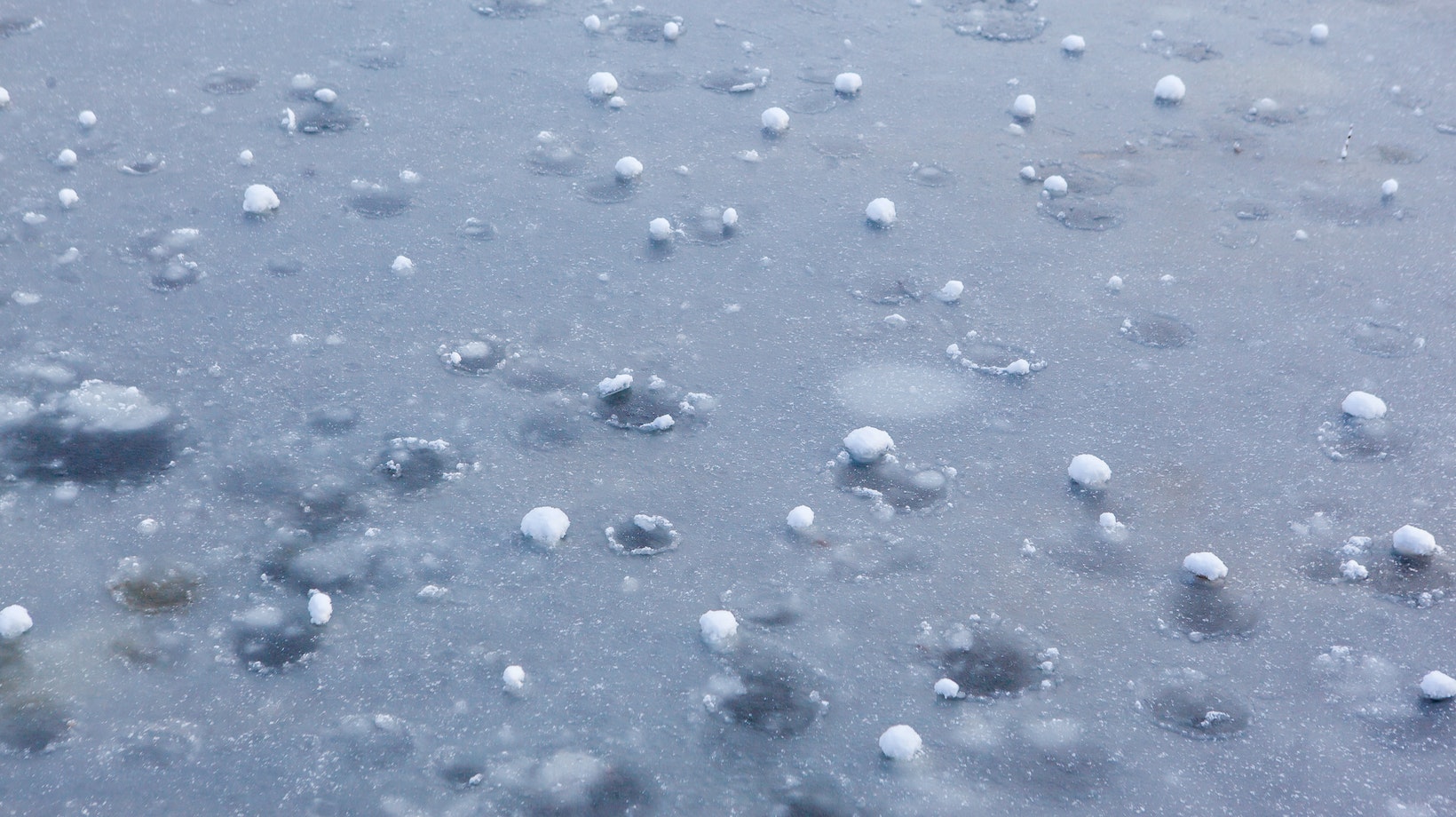Dealing with hail damage to your car can be a frustrating experience. Those unexpected storms can leave your vehicle covered in dents and dings, affecting both its appearance and value. However, there’s good news – hail damage car repair services are available to help restore your vehicle to its pre-damaged condition.
When it comes to repairing hail damage on cars, the process typically involves several steps. First, an assessment is conducted to determine the extent of the damage. This includes inspecting the exterior for dents and evaluating any potential underlying issues. Once the evaluation is complete, skilled technicians use various techniques such as paintless dent repair (PDR) or traditional bodywork methods to fix the dents and restore the car’s original appearance.
Paintless dent repair (PDR) has become increasingly popular for repairing hail damage due to its efficiency and cost-effectiveness. With PDR, technicians use specialized tools to carefully massage out the dents from underneath the surface without disturbing the paint. This technique not only saves time but also eliminates the need for costly repainting.
Whether you opt for PDR or traditional bodywork methods, finding a reputable hail damage car repair service is crucial. Look for certified technicians who have experience in handling similar repairs and ensure they use quality materials that meet industry standards. By taking swift action and entrusting your vehicle to professionals specializing in hail damage repairs, you’ll soon have your car looking as good as new again.

Hail Damage Car Repair
Hailstorms can wreak havoc on vehicles, leaving behind a trail of dents and scratches. As hailstones plummet from the sky, they can come down with significant force, causing damage to the exterior surfaces of cars. The intensity of the storm and the size of the hailstones play a crucial role in determining the extent of the damage.
During a hailstorm, strong winds can propel hailstones at high speeds, turning them into projectiles that mercilessly pummel cars. This relentless barrage can result in deep dents and fractures in car panels, windshields, windows, and mirrors. Even smaller-sized hailstones can leave noticeable marks on a vehicle’s paint job.
The Role of Vehicle Design in Hail Damage Severity
The design and structural integrity of a vehicle can affect its ability to withstand hailstorms. Cars with sturdy exteriors made from durable materials are generally better equipped to endure impacts from large hailstones without sustaining extensive damage.
Some vehicles feature specialized design elements such as reinforced roofs or impact-resistant coatings that offer additional protection against hail damage. Additionally, aerodynamic designs with smoother contours may deflect some incoming hailstones away from vulnerable areas.
In contrast, older or poorly maintained vehicles may already have weaker spots in their structure due to wear and tear over time. These weak points can make them more susceptible to hail damage, even from smaller-sized hailstones.
When it comes to hail damage car repair, identifying the signs and symptoms is crucial. Hailstorms can cause significant damage to vehicles, leaving behind visible marks that require immediate attention. In this section, I’ll outline some common indicators of hail damage that every car owner should be aware of.
- Dents: One of the most obvious signs of hail damage are dents on the vehicle’s exterior. These dents can vary in size and shape, ranging from small divots to larger depressions. They are typically scattered across the vehicle’s surface, especially on the hood, roof, trunk, and side panels.
- Cracked or shattered glass: Hailstones can be powerful enough to crack or shatter windows and windshields. If you notice any cracks or broken glass after a hailstorm, it’s essential to address them promptly for your safety and to prevent further damage.
- Paint damage: Hail impacts can chip away at the paintwork on your car’s surface. Look for areas where the paint has been chipped off or scratched due to hailstone impacts. Exposed metal surfaces may also start showing signs of rust if left untreated.
- Broken mirrors or lights: Hailstorms can cause damage to external components like side mirrors and lights as well. Check for any cracks or breakage in these parts as they may impair visibility while driving.
- Water leaks: Severe hailstorms may compromise the integrity of your car’s seals, leading to water leaks inside the vehicle cabin during rainy weather conditions. Pay attention to any dampness or musty odors inside your car as these could indicate water infiltration.
If you suspect that your vehicle has suffered hail damage based on these signs and symptoms, it is crucial to seek professional assistance from a reputable auto body shop specializing in hail damage repair.







































